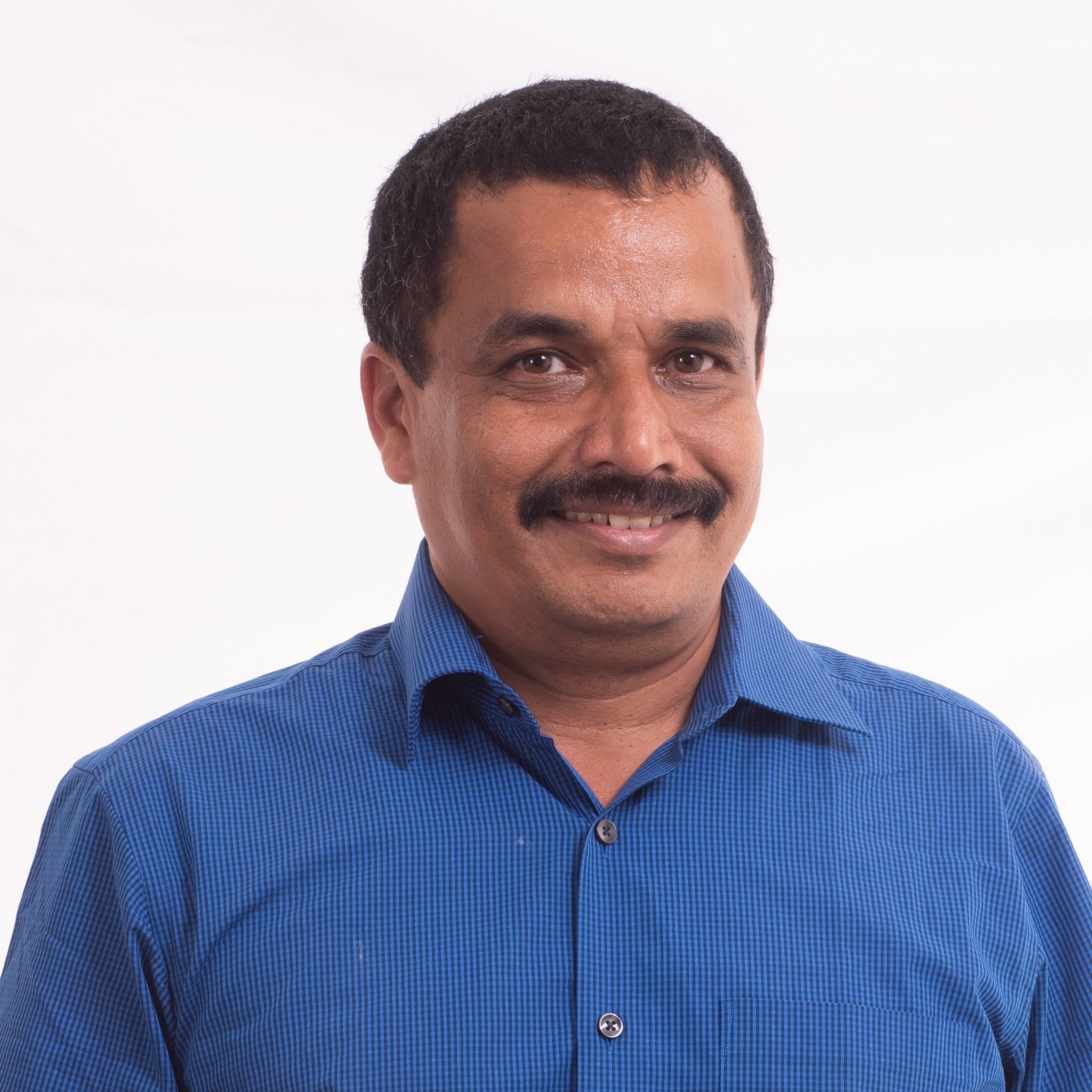I cannot do it alone
On October 4, 2023, CIMMYT continued its online seminar series — Catalysts of Change: Women Leaders in Science. The event featured a talk by Esther Ngumbi, an entomologist and academic at the University of Illinois Urbana-Champaign.
A riverside farm
Born into a small, rural community on the Kenyan coast, Esther Ngumbi grew up farming alongside her family. “I enjoyed the process of growing crops because I knew at the end of the season, we would have extra food for ourselves,” she explained. By the age of seven she decided she wanted to go it alone, and her father provided a small strip of land by the river, where she took to growing vegetables.
“Every morning I would sit there and just enjoy looking at this thriving cabbage patch I had,” she says. “And then one day the rains came. It rained for three days, the field flooded, and by the time the water receded I had lost my cabbages. The joy that had built was gone.”
“But this heartbreak continued,” she added. “Halfway through the season I would watch all our hard work go to waste.” Along came insects, drought, or flooding—all the stresses associated with climate change—and for her family it would mean no food. Ngumbi soon realized that this was not limited to her family’s farm: her neighbors, community, county, and country were all impacted by these challenges, leading to widespread food insecurity.
Feeding curiosity
“As a girl I was very curious,” said Ngumbi. “How do these insect pests find our crops? And when they find them, why aren’t our crops resilient enough to overcome these stresses? Little did I know that this curiosity would lead me into what my career is today: an entomologist.”
“But growing up in a rural village there were no role models; there were no scientists. There were no people I could look up to and be inspired to know that you could make a career out of entomology or that you could be a woman in science.”
Despite initially considering a career in accountancy, Ngumbi ended up studying for a BSc in biochemistry and zoology at Kenyatta University, where she immediately fell in love with practical research. “Stepping into the lab was such an exciting day for me,” she recalled. “I had so many questions, and I remember not wanting to leave because I wanted to answer all the questions I had grown up with.”
Later, extra-curricular experience at a local research center would feed her interest in entomology. The scientists she ended up working with ran a biological control program to assess how maize is impacted by lepidoptera pests, and the natural biological control agents that could be used to combat these. “How do plants communicate and call for help? Through releasing a chemical. I discovered that there is a wave of communication happening between our food crops and the community of organisms that associate with plants.”
Eager to learn more, Ngumbi went on to pursue an MSc before joining a Ph.D. program at Auburn University in Alabama, USA. “My parents had always told me that education is the gateway out of poverty, and they consistently encouraged me to go to the highest level. I knew I had to go to the top.”
At Auburn she had the opportunity to delve deeper into how plants defend themselves, and her successful research into beneficial soil microbes led to at least three U.S. patents. Following a few post-doctoral positions, she landed a role at the University of Illinois Urbana-Champaign, where she currently works as an assistant professor in the Departments of Entomology and African American Studies.
Bringing others along
Ngumbi credits mentorship with getting her to where she is today. “At Kenyatta University my teachers saw a spark in me; I was curious and wanted to find answers. Mentors introduced me to scientists the International Centre of Insect Physiology and Ecology (ICIPE), so I could carry out experiments beyond what we were doing as part of my course.”
She recalled walking across the stage during her Ph.D. graduation ceremony, a key moment of reflection. “It was real that there were very few women like me in science. That I was only one of the many women I had grown up with that was privileged to have a PhD. And I wanted not to be the only person,” she said. “I wanted to make sure that I would leave open the same door I had walked through. That I would do my best to bring other women along.”
“I would step up to be a mentor. Step up to encourage other women. Step up to encourage other children from rural communities to say: you can do it, you can dream, you can follow your passions, you can be a scientist.”
With this in mind, Ngumbi ensures she collaborates with others in all areas of her research, incorporating young researchers into her labs and working directly with farmers. “I’m committed to ensuring that farmers who work so hard — especially smallholders — can grow crops and see all their hard work pay off.”
“I will continue to follow this journey of finding solutions to feed our growing planet, but I know that I cannot do it alone. We need all of us,” she added. “We still have very few women scientists — UNESCO estimates around 30% — and I hope that by the time I’m done with my career that number changes. But it’s going to depend on all of us.”
Ngumbi’s talk was followed by a Question and Answer led by Olivia Odiyo, a CIMMYT research associate based in Nairobi. The full discussion can be viewed online here. Spanish and French-language audio is also available.



